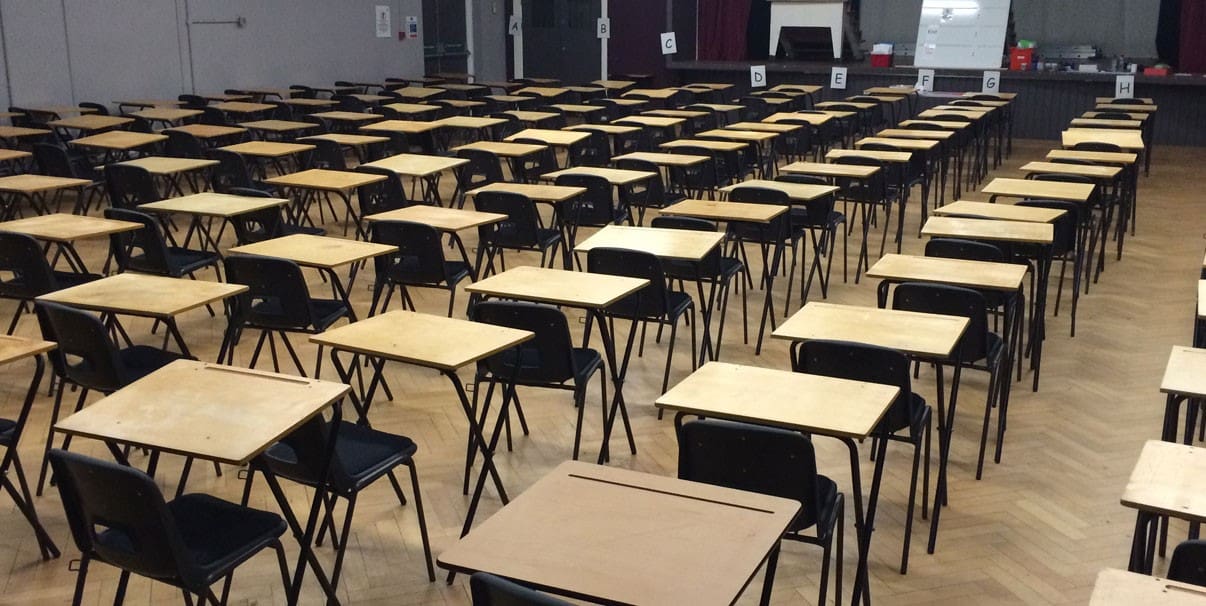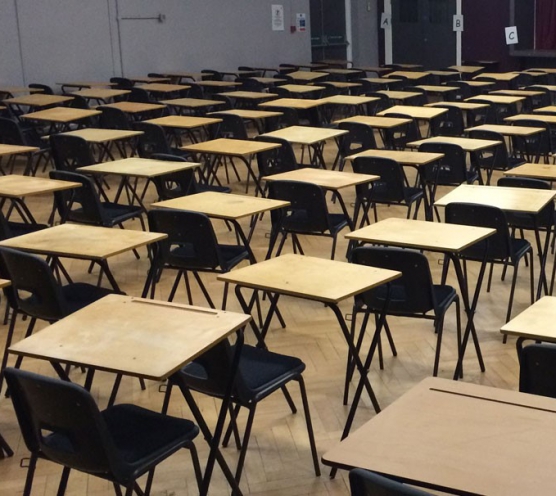
“Planning and preparation is the key to success”
And of course, this means revising beforehand too.
Although revision is vital, it is also important to prepare yourself before and whilst sitting the exam. And that’s exactly what this week’s blog post is about…
Before the exam:
- Make sure you get enough sleep the night before- don’t cram all your revision or leave it all to the last minute
- Don’t forget breakfast- you’ll need food to give you energy throughout the day
- Wear comfortable clothes- the last thing you want is to be irritated in the exam
- Stay positive- it’s easy to have negative thoughts about exams and results floating around in your head, so focus on the exam by doing your best and not focus too much on results and try to think on the bright side
- Breathing techniques- you can often be nervous and stressed during the exam period and to control this before going into the exam, you can try to do some breathing exercises which can help you calm down
During the exam:
- Read the question carefully and underline the key words- it will help you keep focused on the question and answer appropriately
- If you don’t understand a question or don’t know the answer, re-read the question a couple of times and if you’re still unsure, leave it out and go back to it at the end
- Keep your eye on the time- set time slots for each question and stick to it, most people say spending one minute per mark e.g. spending 10 minutes on a 10-mark question, but this can vary depending on the question
- Leave 5-10 mins at the end of the exam to check back through your answers and make sure you haven’t made any silly mistakes
Key words:
There are key words in the exam question that require you to do something specific in order to answer the question correctly.
It is important that you know exactly what is being asked to do and to help you with this, here is a list that you can use to help plan and prepare yourself for your exam-
| Describe | To provide a detailed account of a topic and give reasons for it |
| Explain/Give Reason For/ Account For | To give a clear account of your knowledge and understanding, give reasons for why something may be so |
| Compare | To show how two, or more things are similar and different |
| Analyse | To identify key features of a subject and separate it into parts and examine how they relate to one another |
| Clarify | To give reasons for, a justification as to why something is the way it is |
| Criticise | To examine all the positive and negative aspects of a topic |
| Discuss | To examine, by giving positive and negative aspects to something |
| Evaluate | To discuss the importance or usefulness of something by giving evidence, considering positive and negatives |
| Explore | To follow the development of something systematically from its origin |
| Illustrate | To provide main points and concrete examples |
| Outline | To provide a detailed description with examples |
| State | To express briefly and clearly |
| Summarise | To give a concise account of the main points |
| Suggest | To expand your knowledge and understating to a topic, you are not necessarily expected to know everything, but you are required to transfer other knowledge and give a sensible account |
| List | Gather information from a text, image etc. |
| Complete | To add information to a map or graph- considering the key or scale etc. |
Hope this has been useful. If you have any questions, feel free to email me on r.dhodakia@outlook.com.






